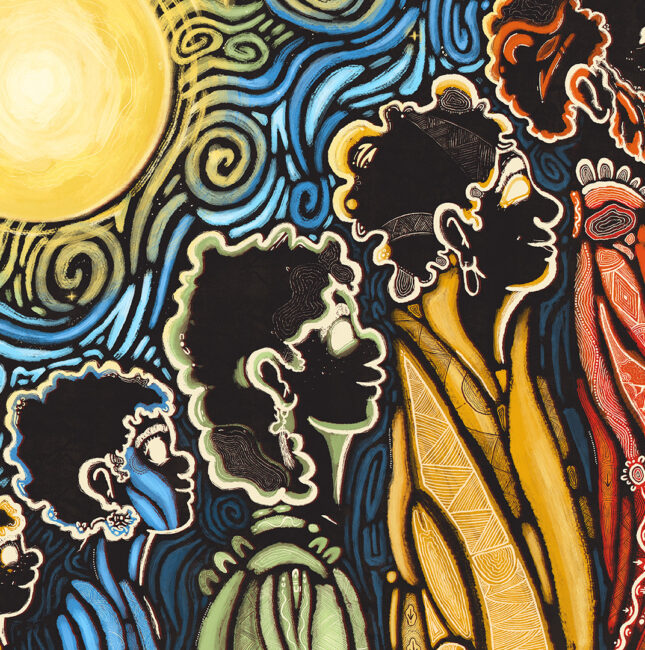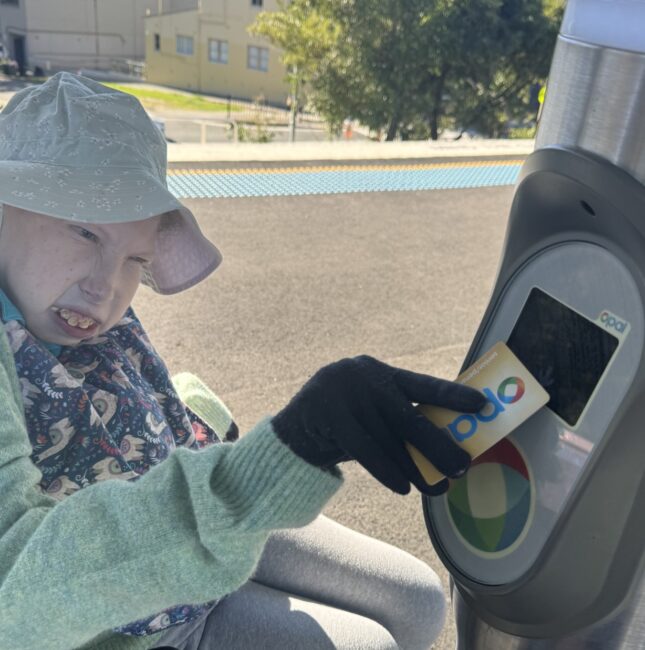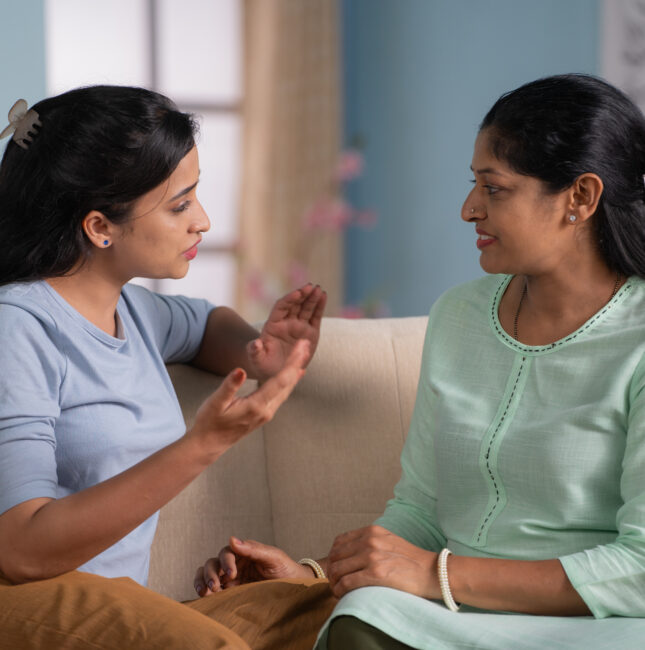It’s Men’s Health Week – valuable lessons to help you get active, get healthy & live longer
June 15, 2021
Men’s Health Week is here, and it’s a perfect time to really start focusing on your physical health. Maybe you need a push to get you motivated, you’re not sure what resources are available or you’re someone who wants to get help getting fit but you don’t know where to start. Whatever the case, 14 – 20 June focuses specifically on men’s health, and you can learn valuable lessons to help you get active, get healthy, and live longer.
Men’s obesity statistics for Australia
Did you know that roughly 3 in 4 Australian men are obese or overweight? This is not a stat you want to be part of as we all know obesity can lead to a host of health problems down the line, including heart disease and a shortened lifespan.
Additionally, one study shows that fast food consumption is on the rise. The study found that on average, an Australian will spend up to 32% of their weekly food budget eating fast food. Price and convenience drive this trend, especially for younger people. The study also found that men spend more of their budget eating fast food than women at a 35% to 30% split. Fast food comes packed with empty calories, ungodly amounts of salt, and high amounts of fat that can lead to weight gain, problems with the cardiovascular system and a general feeling of sluggishness.
Another study from the Australian Institute of Health and Welfare shows that males aged 14 to 18 eat an average of 20 teaspoons of sugar every day, as well as 3.4 times more sodium than the maximum amount their bodies need. Also, more than 70% of males in this age group don’t get the recommended amount of calcium.
So, what impacts does this have on your life as you age? For starters, being overweight or obese can shorten your lifespan by as much as 8 to 10 years. Also, being obese or overweight puts a lot of stress on your joints and your body in general. You also put yourself at a higher risk of developing type 2 diabetes, cardiovascular disease, osteoarthritis, chronic kidney disease and some types of cancer.
How exercise and diet can impact physical and mental health
Luckily, there are several things you can do to get to a better place physically and mentally all year round, not just during Men’s Health Week. Since only 30% of a man’s overall health is determined by genetics and 70% is controllable through lifestyle, you can kick yourself into gear anytime and get on track for a healthier life!
Activity
Did you know that more than 55% of Australian adults don’t meet physical activity recommendations? This can lead to an increased risk of heart attack and stroke. Talking to your primary care physician and setting up an exercise plan that works with your lifestyle is a step in the right direction.
Sleep
One study shows that 1 in 3 Australians isn’t getting enough sleep each night. While men are reporting to sleep better, they’re still not clocking the recommended seven to eight hours a night. If you have trouble falling asleep or staying asleep, reach out for professional advice. Maybe it’s anxiety that’s making it hard to sleep, or you could have something going on medically.
Mental Health
Physical inactivity and being overweight or obese can lead to depression and other mental health problems. Currently, 25% of men in Australia will experience a mental health problem in their lifetime, with 15% experiencing one in the last year. Men’s activity levels play into these statistics. Studies show that 60% of inactive men are more likely to suffer from depression compared to active men.
Men’s Health Week is the perfect time to reach out and get the help you need to start living healthier. Whether it’s physical, mental or both, there are resources available to help get you on track to a healthier life. All you have to do is reach out. Call us on (02) 9481 2600, email info@catholicccaredbb.org.au or visit www.catholiccaredbb.org.au.
More news stories like this one
NAIDOC Week 2025 – The Next Generation
CatholicCare is proud to celebrate NAIDOC Week y amplifying the voices, stories, and aspirations of Aboriginal & Torres Strait Islander people. This year’s celebrations are all about empowering the next generation of leaders - our young people who carry culture forward with pride, resilience and hope.
Read MoreTrain adventures give participants choice & control
When participants and their parents have their voices heard, wonderful things can happen. The words ‘choice and control’ are bandied about a lot in the disability space, but this story shows how crucial they are to a person’s wellbeing and happiness.
Read MoreDavika emerges from a web of violence
As they grew up, the two friends went their separate ways. Davika had settled into life as a single mum in India, and Priyanka had moved to Australia to marry an Australian man. Life, as Davika knew it, changed forever when Priyanka returned to India for a holiday with her husband and her husband’s Australian brother, Steve.
Read More


